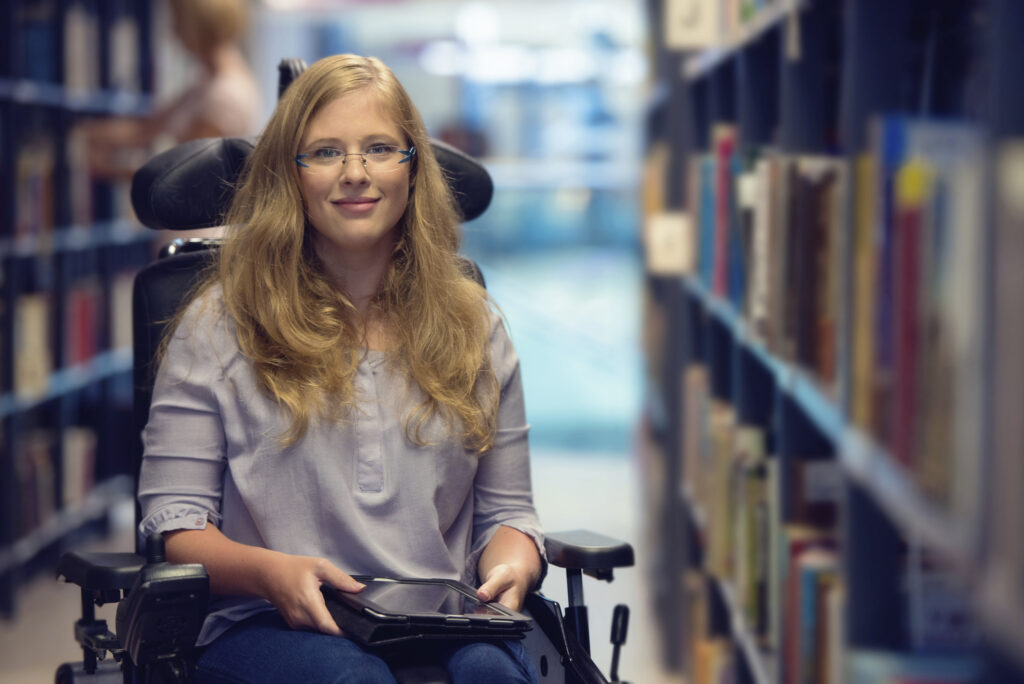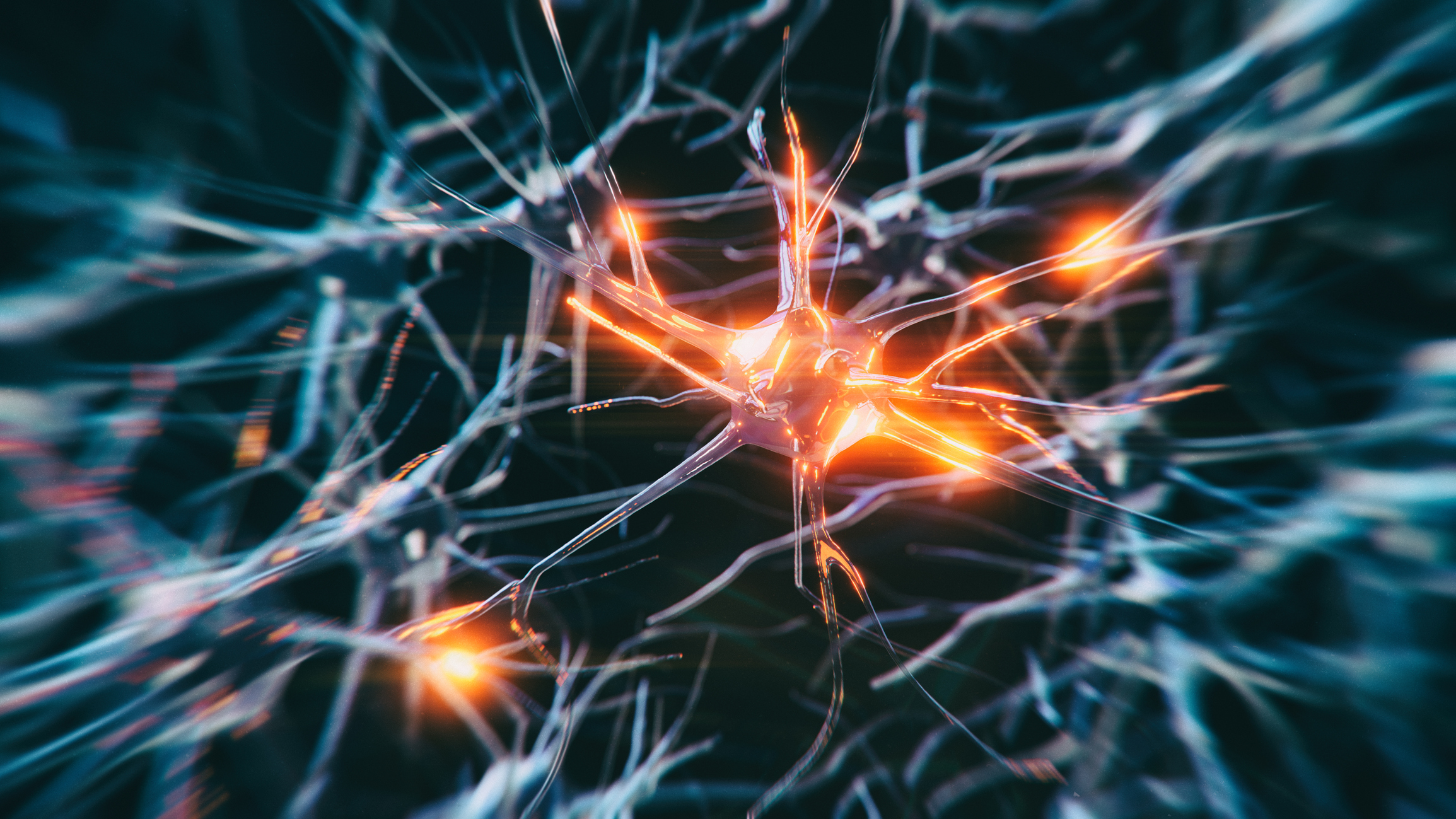The 25th of March was FND Awareness Day in Australia and the UK. Functional Neurological Disorder (FND) encompasses neurological symptoms that affect the body’s motor, movement, cognitive and sensory functions. This year, to help raise awareness, we interviewed FND Aus founder and President, Dr Katherine Gill, who explained what FND Aus is all about.
What is FND Awareness Day, where did it start, and what role does FND Aus have in it?
FND Awareness Day was started by FND Action in the UK several years ago.
Five years ago, there was nothing for FND in Australia, and we started the first and only FND Australian charity in 2017. Initially, I connected with charities in the UK and saw a lot of Australians connected with the UK charities and living in severe distress trying to navigate the lack of services for FND in Australia. I realised we needed to do something in Australia to assist all the Australians. We continue to maintain a strong relationship with the UK FND charities; FND Action, FND Dimensions and FND Friends, and partner for the FND Awareness Day.
You’ve mentioned previously that people with FND often feel confused and isolated following their diagnosis. How important is community and connection for people living with FND? How have you tackled this through the pandemic?
Many people with FND are isolated and confused. We offer a supportive community that provides peer support and professional support. We do this via online catch-ups, and some people catch up with peers locally. All face-to-face activities of the charity have ceased with the pandemic, and at the moment, we are still using telehealth and online activities. The online activities enable us to reach people across the country, including regional and rural areas, where there are no FND services.
You mentioned that through workshops, you were codesigning particular material. What role does codesign have in an inclusive world, especially for those living with FND?
Co-design is extremely important. It is essential that services work alongside people with lived experience in program design, research and knowledge translation. People with lived experience gain enormous skills and knowledge through their lived experience and have a wealth of valuable information to share. Health professionals can learn a lot by working side by side with people living with the condition.
If we want to develop information and services that meet the needs of people with lived experience of FND (and other conditions), we need people with lived experience involved in the initiatives from the ground up. If the programs/information doesn’t involve people with lived experience, it may not target the exact needs of people with lived experience.
Often health professionals/researchers have the best intentions, but without working side by side with people with lived experience, the outcomes may not meet the specific needs of people with lived experience. We need to take a bottom-up approach rather than a top-down approach.
Why are days like FND Awareness Day an important way to initiate the conversation for FND in Australia?
Effectively our work is about creating FND awareness every day of the year, but having a day targeted to FND awareness helps build momentum and get more people involved and having the conversations, sharing the stories, and discussing the unmet needs and gaps in the sector.
What do you want to see for the future of FND Aus?

The need for support and services grows daily. We can add around 20 people to our peer support group each day. We currently have over 2,500 people in our support groups, and most people are in crisis.
People have always requested a helpline where they can ring and talk to someone about the diagnosis and get put on the right pathway; we don’t have the resources to do this without funding and staff.
I hope to expand our services. I have been partnering with Universities and supporting university students on placement who our organisation has trained up. We supervise them to provide low cost / free services to people with FND.
I would like to see more collaboration with Government, researchers, primary health services / local health districts. We need paid staff in the organisation to help meet the needs of people with FND and support advocacy and recognition of the unmet needs of people with FND at state and federal health levels to champion new care pathways.
We currently have a research project on the go in partnership with the University of Technology and the University of Sydney. I am hopeful that the outcomes of this research will be helpful for the education of health professionals, addressing systemic issues and useful to people with FND to learn how others with FND manage to live well with the condition.
While days like FND Awareness Day are great for raising awareness, what else, in your opinion, needs to be done to support people living with FND?
We need to see a holistic approach taken to FND, where people are supported to get the specific FND Care they need at the onset of symptoms.
People with FND are struggling; many have negative experiences when reaching out for care. Frequently, people cannot find or afford the care and support they need and too often face stigma and discrimination.
I would like to see more government support for initiatives that provide evidence-based care pathways for people with FND, where people can access the diagnosis and care they need, early into the illness, before developing long term disability. For people who experience long term disability, they need to be able to access schemes such as the NDIS to meet their needs.
We need targeted Medicare plans to enable people with FND to access the allied health treatment they need to prevent long term disability. The five allied health sessions are not appropriate for people with such severe and complex disabilities and medical complications.
We need more investment into research and data collection to provide evidence in order to establish new and innovative care to treat FND. FND needs to be taught to all undergraduate allied health and medical professionals. It is a common disorder that is so poorly understood and known about.
To find out more about FND, please head to their website: https://fndaus.org.au/
